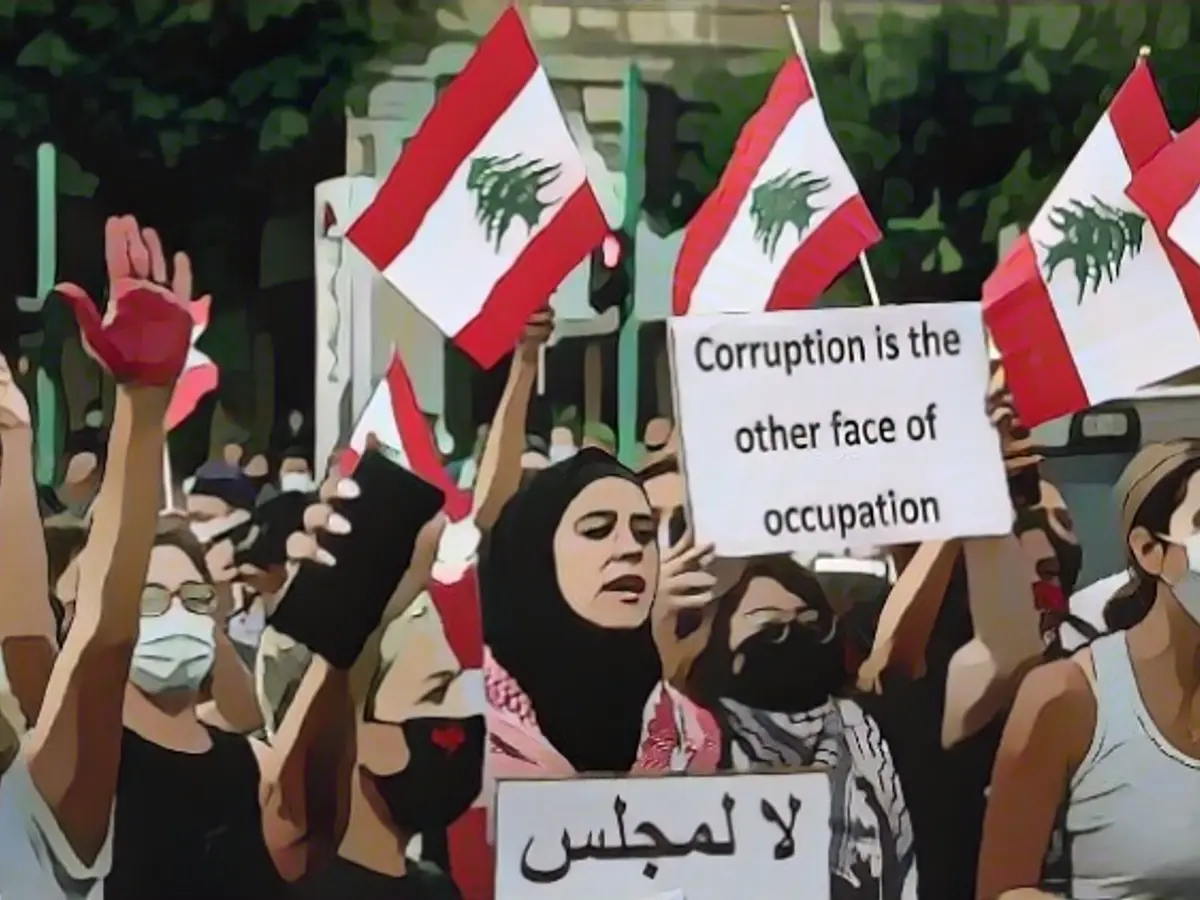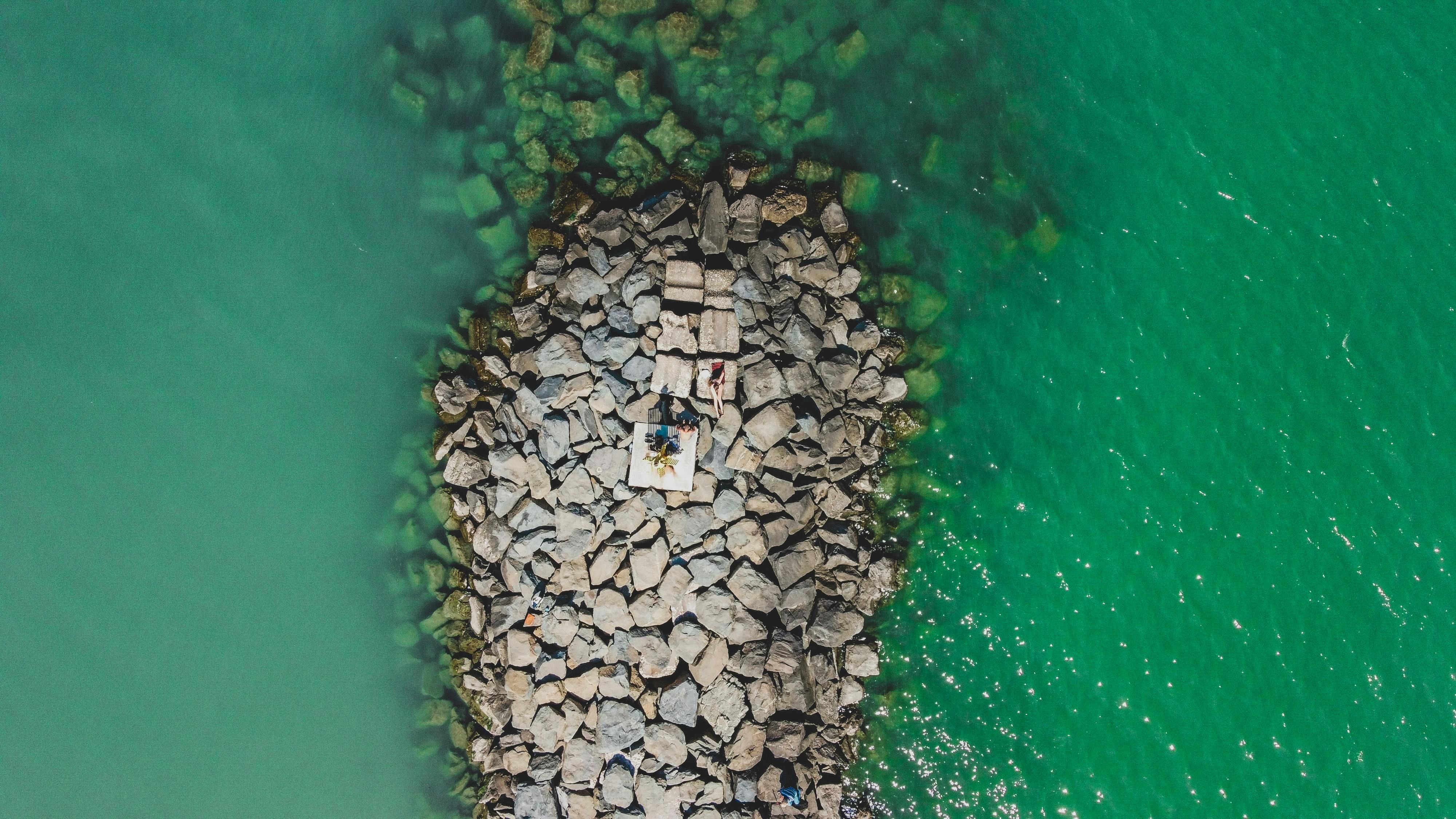Title: Lebanon's Power Elite Stands Firm During Economic Crisis: A German Perspective
Beirut, once known as the "Paris of the Middle East," stands as a stark reminder of the volatile political landscape in Lebanon. The city was left in ruins after the 2020 Beirut port explosion, symbolizing the country's ongoing struggle with an entrenched economic crisis. Yet, the ruling elite seems more determined than ever to protect their interests, raising questions about Germany's role in the situation.
The Corruption of Power in Lebanon
The 2020 port explosion serves as a significant symbol of the crisis plaguing Lebanon. Ralf Erbel, a Lebanon expert at the Friedrich Naumann Foundation, views this event as "symptomatic of the crisis the nation is facing." Erbel provides a blunt assessment: "The Lebanese political system is corrupt, enriches itself, but does practically nothing for the population."
The country's political system is a product of confessional proportional representation, which divides political power among various religious communities. Critics argue that this approach can lead to politicians prioritizing their communities over the welfare of the population as a whole.
But, as Erbel points out, this system persists despite widespread protests against it. So, who benefits from the status quo, and how can Germany help navigate this complex situation?
Germany's Changing Image in Lebanon
For many years, Germany had a positive image among the Lebanese people, often perceived as a reliable partner. However, that image has changed in recent years. Despite being the third-largest donor of humanitarian aid and development cooperation behind the US and the EU, Gilbert Croos, an expert on the German-Lebanese relationship, claims that "perceptions in Lebanon have changed."
Croos suggests that the perceived lack of active intervention from Germany in crises involving Hezbollah or the Syrian refugee crisis has contributed to this change in perception.
Future Prospects for Germany-Lebanon Relations
To better understand the current status of Germany's relationship with Lebanon, it's essential to consider recent developments, such as the ongoing maritime monitoring in the region and the debate surrounding the deployment of German troops in training missions for the Lebanese Armed Forces.
Without assuming a direct role in the power cartel, Germany has the opportunity to contribute positively to Lebanon's stability by supporting the UNIFIL mission, ensuring regional security, and investing in the country's humanitarian and development needs.
Sources and Enrichment Insights
The economic crisis in Lebanon began in 2019 when the country's financial system collapsed under burdensome state debts, leading to a sovereign default in 2020. Germany has been an active donor of humanitarian aid to the country, but its perceived failure in intervening in crises involving Hezbollah or the Syrian refugee crisis is influencing its image in Lebanon.
Germany is expanding its military presence in the Mediterranean to counteract arms smuggling into Lebanon and protect merchant ships from naval attacks, reflecting the country's commitment to regional security and freedom of navigation. As for the political structure in Lebanon, the system of confessional proportional representation has provoked criticism, as politicians may prioritize their communities over the welfare of the population as a whole.
Sources:








